Dr Bhagawan Koirala is a household name in Nepal. For those who have got a new lease of life through his medical treatment, he is akin to God, as his name stands for.
The public of Nepal have a lot of confidence in and high regard for him for making treatment of heart diseases very reliable and trustworthy in Nepal.
Not only does he possess thematic expertise, the celebrated cardiologist too has a heart of gold as he has facilitated the free treatment of heart disease for thousands of impoverished patients of all different age groups.
Best known for leading the team of Nepalis surgeons that successfully conducted open-heart surgery in Nepal for the first time, the sexagenarian surgeon during his three-decade long career has conducted over 14,000 heart surgeries thereby giving them a new lease of life.
He penned a book named 'Hridaya'(Heart) and launched in the market some time ago. The book became best-seller in no time. The book encapsulates Dr Koirala's stories of struggle and success, the solutions to the problems prevailing the health sector as seen by him and analytical views on various issues plaguing medical education of the country.
After reading the book which vividly portrays the challenges and possibilities in the health sector of Nepal, one comes to know of his managerial qualities besides being acquainted with the stories of a dedicated, diligent and honest surgeon.
Dr Koirala's working style- completing task at any cost after commencing it, could be an example to any one in any sector.
He is a member of a specialized medical committee formed recently by the Ministry of Health and Population to provide healthcare services to VVIPs and VIPs within the country.
Here are the excerpts of the interview RSS Feature Chief Krishna Adhikari conducted with senior cardiothoracic surgeon, professor and social worker, Dr Koirala.
The number of heart patients is increasing in Nepal lately. What are the main reasons for this?
Indeed, the number of heart patients is increasing in Nepal. Unhealthy lifestyle and unbalanced diet are the leading causes.
Although cases of communicable disease such as tuberculosis, malaria and diarrhoea were decreasing in the country, number of incommunicable ailments such as heart disease is on the rise.
With the increase in average life expectancy of Nepalis, the prevalence of incommunicable diseases also grew. The heart related complications detected among the youth in the recent times are largely due to unhealthy lifestyle and unbalanced diet.
What kind of attention one has to pay to prevent heart disease?
Some of the causes of heart disease such as age, gender and genetics are not under our control. However, most of the risk reduction is in our hand. Heart disease can be prevented by avoiding cigarette and alcohol, lifestyle change, exercising regularly and reducing obesity among others.
Air pollution is also known to increase risk of heart diseases and other ailments. Lack timely diagnosis and treatment and utter negligence to the treatment that could be done on time among others aggravate the problems later.
If the children having throat problems are not treated on time, they develop were found to have developed heart related complications later.
If people exercise spiritual practice and increase the habit of doing yoga and meditation regularly, it will automatically generate positive energy which thereafter helps to prevent any complicated health problems including heart.
How can heart disease treatment services be made accessible to all common Nepalis?
Since getting healthcare services is fundamental right for any citizens, it is necessary to ensure everyone's access to healthcare services. Some healthcare services needs to be decentralized to take it to local level while others could be brought to the centre or major urban areas.
Health services that could detect heart disease at an early stage could be decentralized from district hospital to the local level health centres. Likewise, the specialized service could be expended to major cities.
At present, all sorts of heart disease treatment services are available at the Shahid Gangalal National Heart Centre and the Manmohan Cardiothoracic Vascular and Transplant Centre in Kathmandu.
The service initiated in the Bir Hospital in the 1980s and interrupted in between has been resumed. Quality heart disease treatment services are being rendered in Chitwan, Pokhara, Butwal, Nepalgunj, Birgunj, Dharan, Biratnagar and Jhapa districts.
What is the quality of Nepal's heart disease treatment service like compared to other countries in the world?
The treatment services for heart diseases in Nepal cannot be considered weak or substandard in comparison to other countries of the world. There is certainly a lack in technology compared to rich countries but the Nepali surgeons are no less competent than those of them there.
There is availability of treatment services including surgery needed by the general people in Nepal. The Shahid Gangalal National Heart Centre has been transformed into an important hospital of the country. Likewise, the Manmohan Cardiothoracic Vascular and Transplant Centre is also equally effective.
The Kathmandu Institute of Child Health (KIOCH) is being established in your initiative. What prompted you to establish such a hospital?
Children's health should be viewed holistically, not just as a treatment of heart. We reached to this conclusion after a wide-breath of experiences in health sector.
I felt the need for super-specialty hospitality for the treatment of children in Nepal after seeing the pain suffered by many children in lack of money and access to proper treatment facilities on time.
To address that dearth of dedicated and decentralized healthcare service centres for children, I made a plan to construct a Hospital so that no children should lose their life in lack of money or lack of technology or lack of access to medical treatment. A dedicated hospital like Kanti Children's Hospital ought to decentralize its services but owing to various reasons, it could not implement the decentralization of the services.
Hence, we are establishing a specialized children hospital (KIOCH) in Kathmandu with seven satellite centres in all seven provinces in support of the government of Nepal. Here, those who cannot pay the fee are provided treatment for free of cost. The first provincial branch of the Hospital is already operative in Jhapa district.
How did the desire to establish a hospital arise?
Out of every 100 children born in Nepal, 3 to 4 do not see their fifth birthday. Those children lost their life because they were bereft of basic health services and specialized treatment on time.
Lack of specialized hospitals for children in Nepal was a cause of concern for me. The desire to establish a children's hospital arose in me to fulfill the lack of specialized hospital for children and no child should die prematurely due to lack of money, services and access to treatment.
The incumbent government has recently formed a specialized medical committee including you to provide healthcare services to the VVIPs and VIPs within the country. What's your take on it?
While the government is improving the quality of healthcare facilities and rendering quality healthcare services, the committee was formed acknowledging the scenario that a large amount of money was being spent abroad for the treatment of VVIPs and VIPs annually and they do not seem to have confidence over the healthcare providers and services within the country.
The formation of a committee certainly has sent a positive message to the public. But it is also necessary to widespread the message that this kind of healthcare services are not only provided to the VVIPs and VIPs, the public also get such services at home.
How feasible is it to provide such services from a single (Bir) Hospital? We need to take into consideration the wishes of VVIPs and pragmatic aspects as well.
Treatment could be provided from all major hospitals across the country by preparing procedure for forming a group of specialized doctors, for management of treatment according to specialized medicinal methods and process.
We doctors are excited and happy because when we provide medical treatment to the VVIPs and VIPs at home, it helps save state coffer and build up and increase public's confidence over doctors.
Your book named 'Hridaya' was published some time ago. How did you get motivation to write and publish the book?
Upon the completion of my study, I got the opportunity to work in various health institutions in various capacities. In the book, I have illustrated about the how much of suffering or ordeal one has to endure to establish healthcare centres providing complex and risky healthcare services.
I have put forth analytical views on the ways to solve the problems prevailing the health sector and medical education sector. The book is a recollection of countless memories of stress, struggle, restlessness as well as funny anecdotes and success stories in my career spanning over 30 years.
The book aims to give a message that anyone could solve any problems and attain success if one is committed to one's cause.






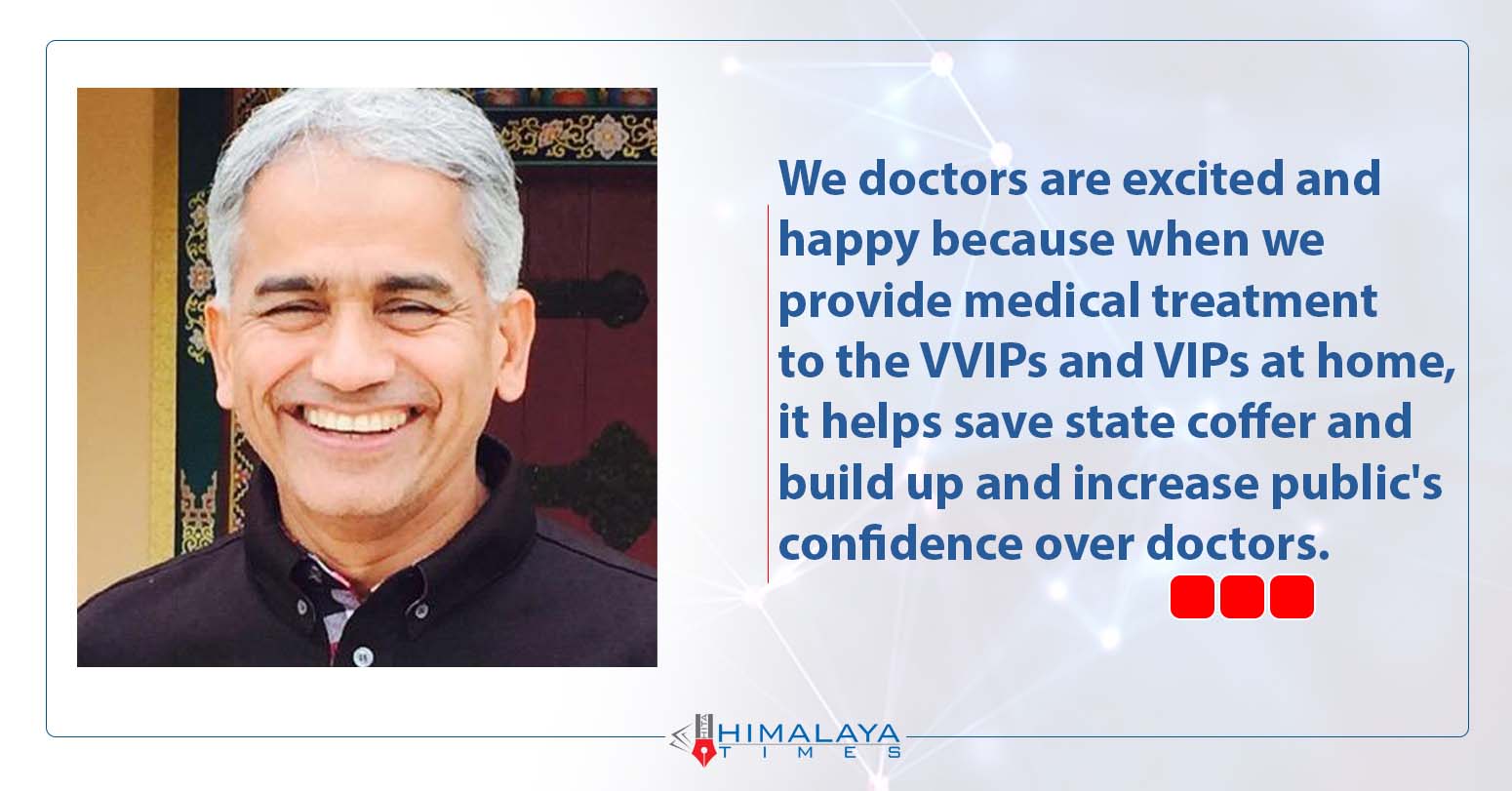
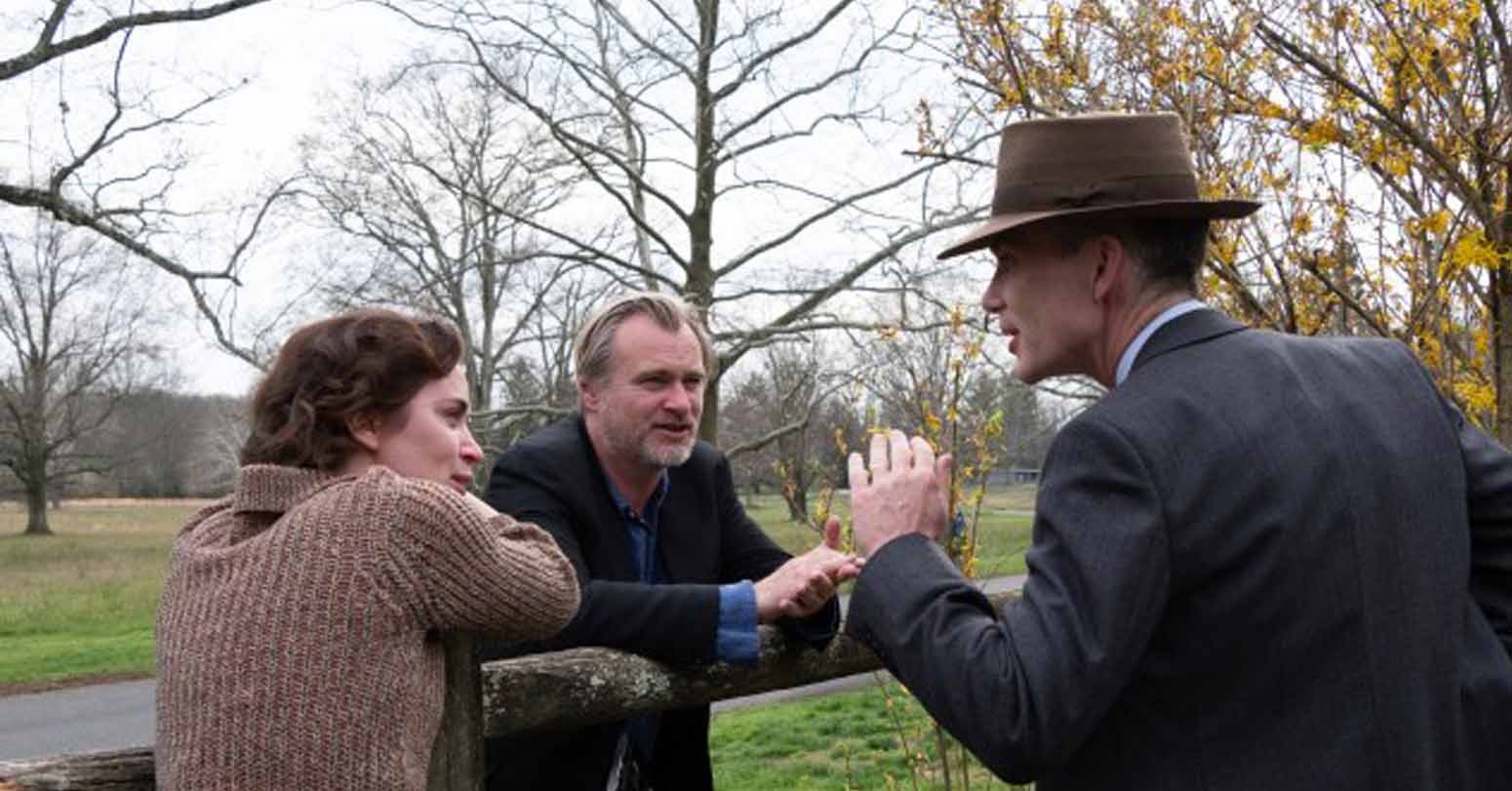
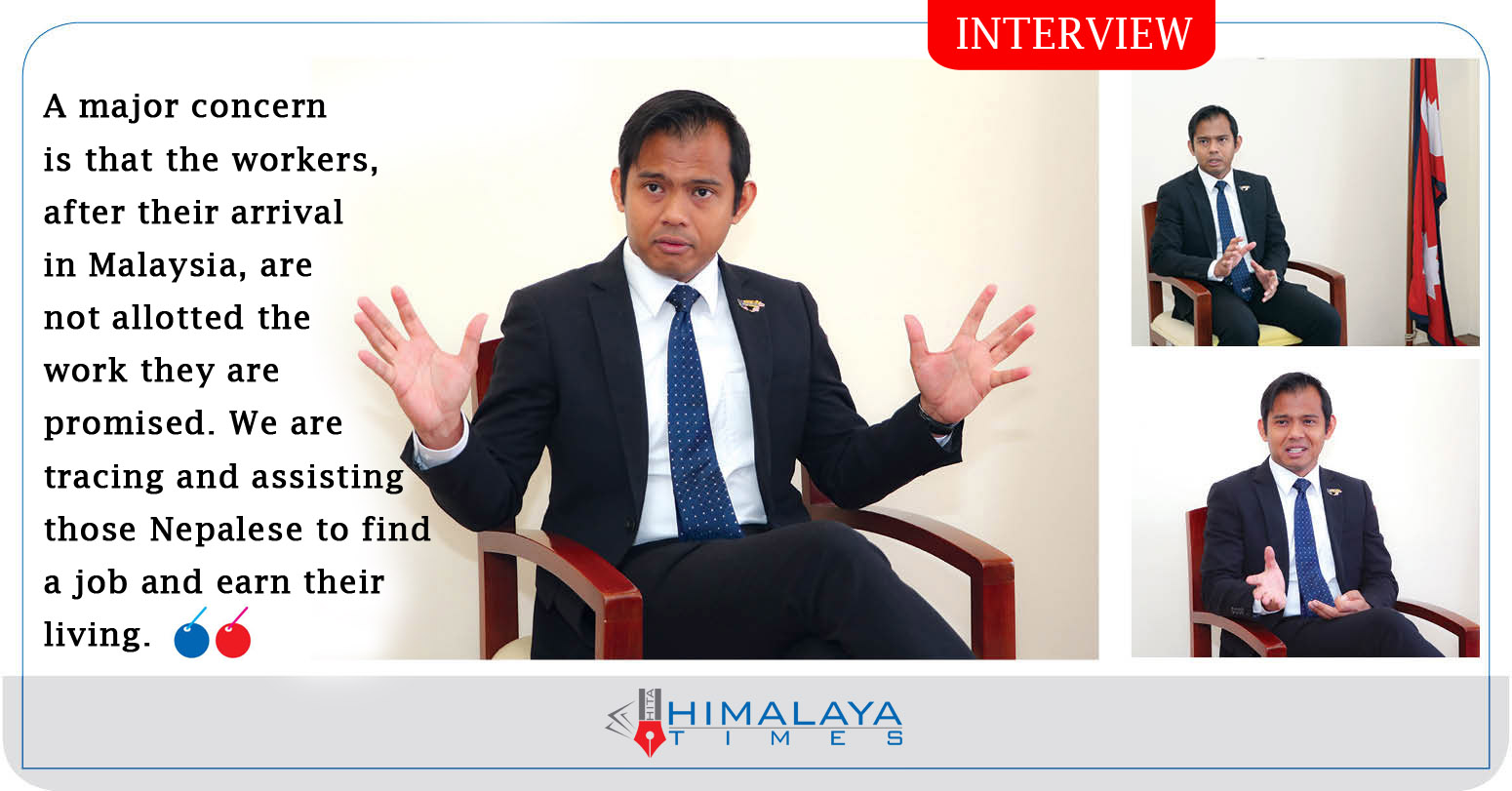
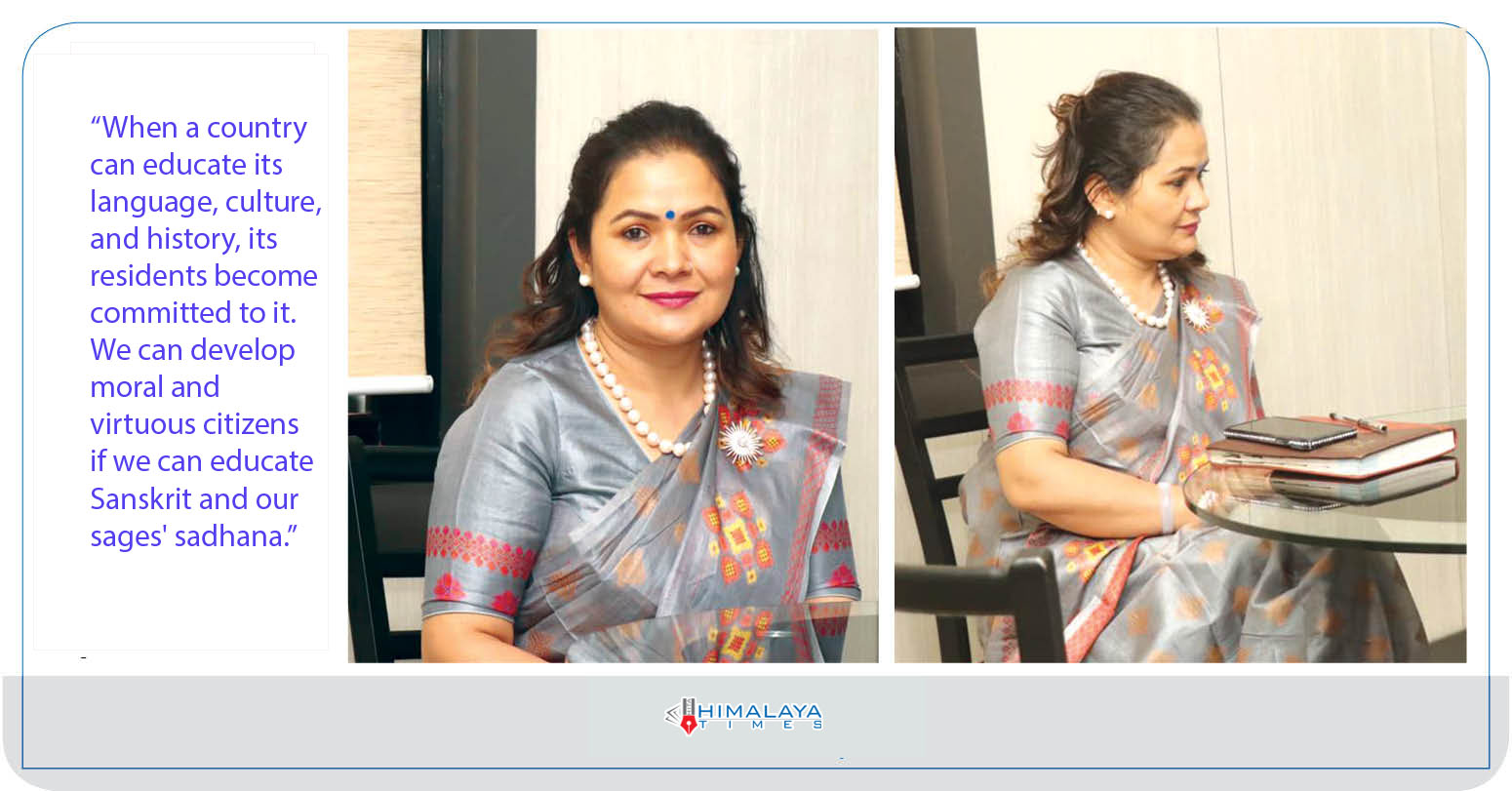
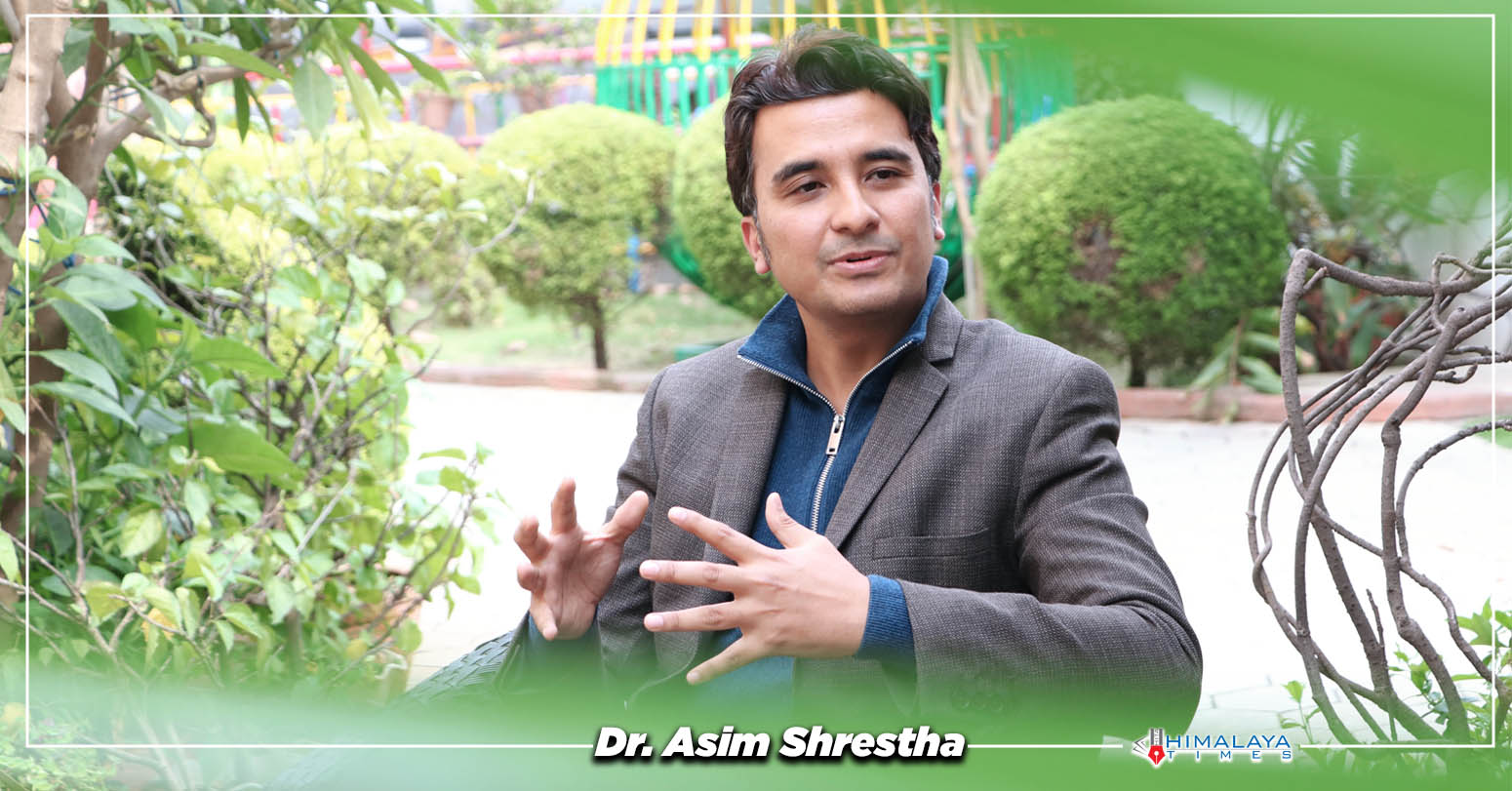
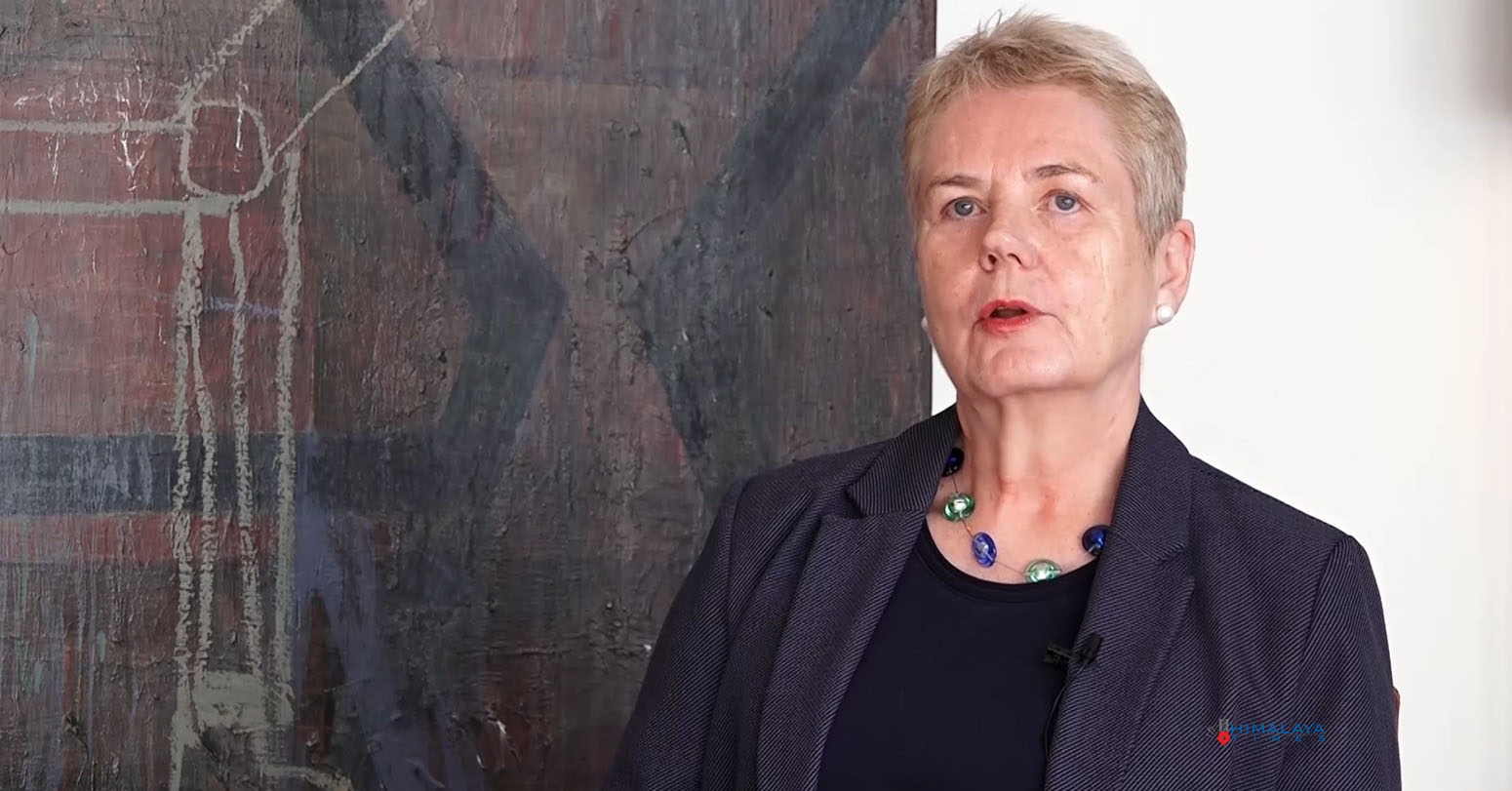
Comprehensive Data Protection Law Critically
Gender Differences In Mental Healthcare
Messi Wins Best FIFA Men’s
Erosion of Democracy
Fly Dubai Catches Fire in
“Complexities of the South Asian